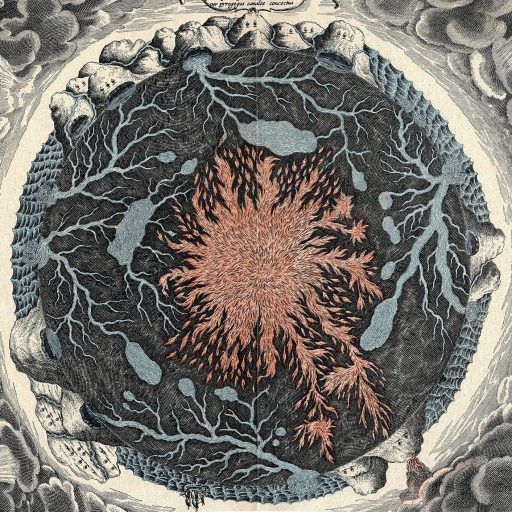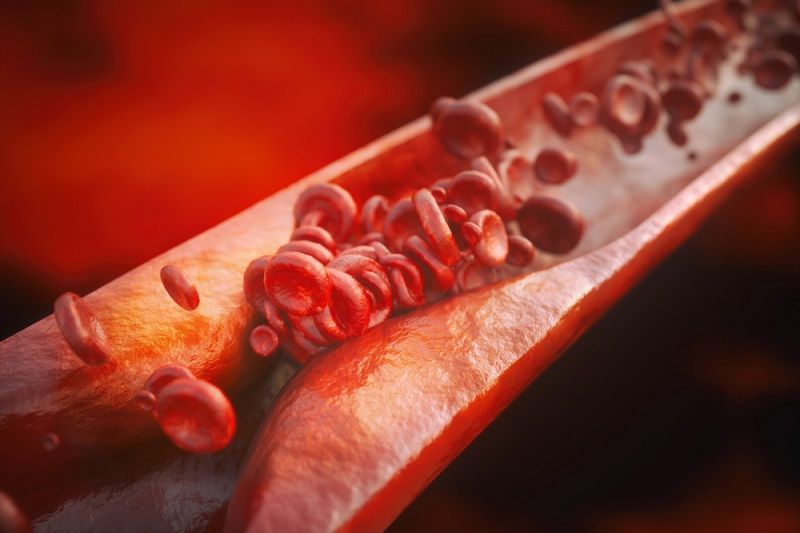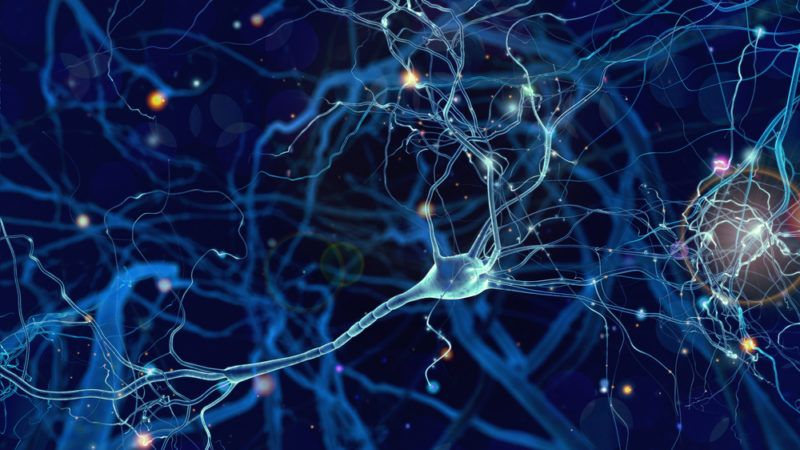Archive for the ‘life extension’ category: Page 436
Nov 27, 2018
Journal Club November 2018 — Senescent cells and Alzheimer’s
Posted by Steve Hill in categories: biotech/medical, life extension, neuroscience
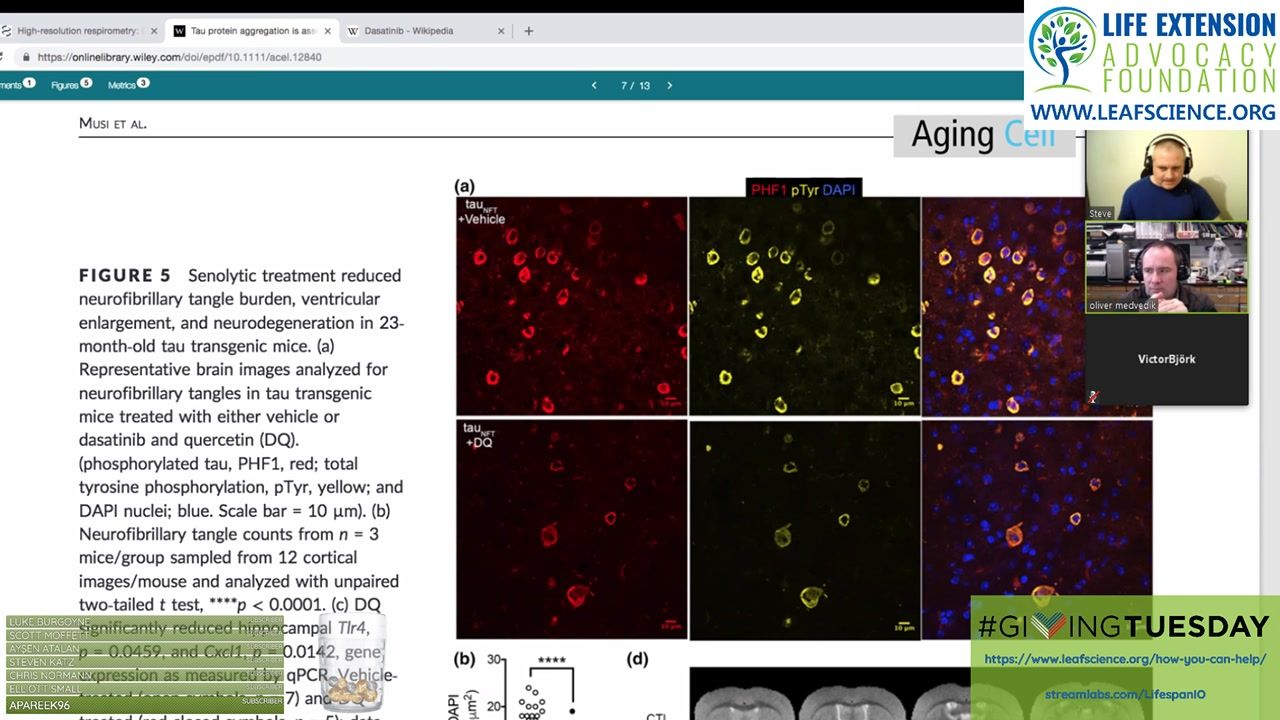
Tau protein aggregation is associated with cellular senescence in the brain is the topic for the November Journal Club. This is an important paper as it shows how senescent cells contribute to Alzheimer’s disease and how removing them appears to improve the condition. We will see you live on our Facebook page at 13:00 EST for the Journal Club show with Dr. Oliver Medvedik.
Abstract
Tau protein accumulation is the most common pathology among degenerative brain diseases, including Alzheimer’s disease (AD), progressive supranuclear palsy (PSP), traumatic brain injury (TBI), and over twenty others.
Nov 27, 2018
The More Senescent Cells there Are the Faster they Accumulate
Posted by Steve Hill in categories: biotech/medical, life extension
Today, we want to point out a new study showing how senescent cells poison their healthy neighbors and that the more there are, the faster they make other cells become senescent.
What are senescent cells?
As you age, increasing numbers of your cells enter into a state known as senescence. Senescent cells do not divide or support the tissues of which they are part; instead, they emit a range of potentially harmful chemical signals that encourage nearby healthy cells to enter the same senescent state, which is known as the “bystander effect”. Their presence causes many problems: they reduce tissue repair, increase chronic inflammation, and can even eventually raise the risk of cancer and other age-related diseases.
Nov 26, 2018
Why do we need research on longevity? Interview with Aubrey de Grey (SENS)
Posted by Montie Adkins in category: life extension
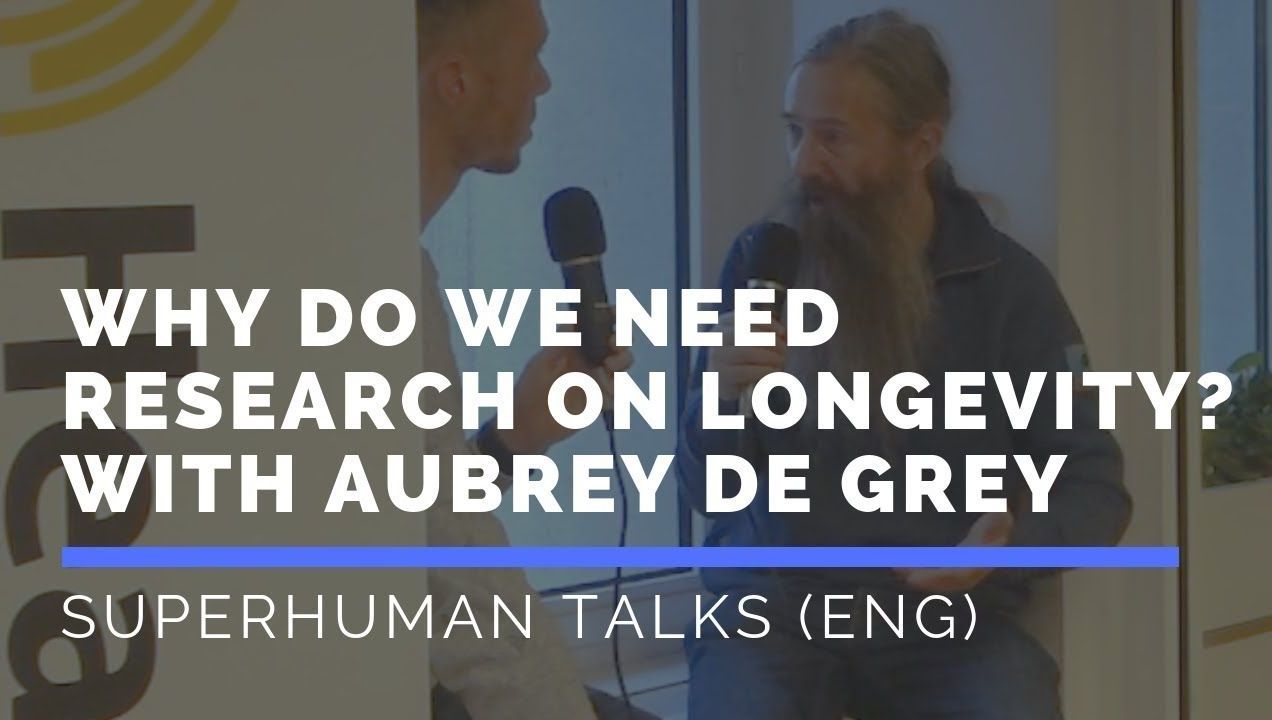
Very good tidbits here. Especially happy about Aubrey talking about the myth of overpopulation.
Why do we need research on longevity? Interview with Aubrey de Grey (SENS) at the EHA 2018 in Brussels. We talk about anti-aging and the latest scientific research to increase our longevity.
Continue reading “Why do we need research on longevity? Interview with Aubrey de Grey (SENS)” »
Nov 26, 2018
Dissolution & Decay: Traits of the Posthuman Gothic
Posted by Steve Nichols in categories: life extension, robotics/AI
The posthuman search for ‘actual’ eternal life seems the opposite of the argument of this unhelpful book, imo https://thewastedworld.wordpress.com/2018/11/24/dissolution-decay/ https://paper.li/e-1437691924
In closing, I wish to make some final remarks on the purpose of theorising a Posthuman Gothic. Far from being the joyous celebration of vitality, agency, and connection most touted by its proponents, under the Gothic sign the Posthuman takes on a far more ambivalent character. The Gothic looks to a world beyond us—even without us, or at least not for us—and so without knowing it, the Posthuman and the Gothic are already intertwined. Both look outside the human to the weird amalgamations of body and machine, spirit and dirt, and the eerie influences of systems far greater than we may know. The Posthuman project is twisted up not only in Gothic categories and aesthetics, but Gothic commitments: it displays a mixed fascination with the spectres of the past while looking to a future wrenched free from the decayed laws of the dead.
The Posthuman Gothic stands at a crossroads. On the one hand it sees the deep past emerging into the near future, as circuits of matter, whether technological or earthly, put to rest the myth of the autonomous human subject. On the other, it balances the experience of utter privation and dehumanisation with the escape from human finitude. Two angles arch away from the human, into that liminal space occupied by the Gothic, which keeps one foot grounded in the human, while the other hangs over the precipice. In short, the Posthuman Gothic makes known its haunting by a human past to better cast itself into futures more or less joyous, and more or less terrifying. Here the mixed feelings of the Gothic seep through the framework of the Posthuman. The Posthuman Gothic recognises that “there is an enjoyment in seeing the familiar and the conventional become outmoded,” and that it is only in the death of the present that other futures may be imagined (Fisher 2016, 13).
Continue reading “Dissolution & Decay: Traits of the Posthuman Gothic” »
Nov 26, 2018
Thymus Shrinkage Contributes to Atherosclerosis
Posted by Steve Hill in categories: biotech/medical, life extension
Today, we want to highlight a study that shows the link between atherosclerosis and the age-related shrinking of the thymus, which is arguably the most important organ of the immune system [1].
The adaptive and innate immune systems and atherosclerosis
The thymus is essentially like an army base where new T cells develop and are trained to become the soldiers of the adaptive immune system. However, as we age, the thymus shrinks, its ability to train new T cells declines, and the immune cell-producing tissue turns to fat and slowly wastes away; this process is known as thymic involution.
Nov 25, 2018
Poorest dying nearly 10 years younger than the rich in ‘deeply worrying’ trend for UK
Posted by Nicholi Avery in category: life extension
The gap between the life expectancy of the richest and poorest sectors of society in England is increasing, according to new research from Imperial College London.
The research, published in the journal Lancet Public Health, also reveals that the life expectancy of England’s poorest women has fallen since 2011, in what researchers say is a “deeply worrying” trend.
The study, funded by the Wellcome Trust, analysed Office for National Statistics data on all deaths recorded in England between 2001 and 2016—7.65 million deaths in total.
Nov 23, 2018
Parkinson’s Disease Patient in World First Stem Cell Therapy
Posted by Steve Hill in categories: biotech/medical, life extension, neuroscience
In a world first, a patient with Parkinson’s disease has undergone transplant therapy, which uses reprogrammed stem cells to replace neurons destroyed by the disease.
Stem cell therapy is part of the toolkit
The stem cell field is an area of science that is relatively well funded and, out of all the branches of medical science relevant to aging, is probably the most understood by the public. In the last decade or so, progress in stem cell research has been rapid, and scientists now have a wide range of cell types they can create on demand via cellular programming.
Continue reading “Parkinson’s Disease Patient in World First Stem Cell Therapy” »
Nov 23, 2018
Poorest dying nearly ten years younger than the rich in “deeply worrying” trend
Posted by Lilia Lens-Pechakova in category: life extension
On the growing life expectancy gap between the rich and the poor in England, a new study. I noticed that tendency years ago between whole nations and minority or social groups. I proposed that we concentrate on scientific research for indefinite lifespans so that a few years difference would not matter (Lens-Pechakova, Rejuvenation Res. 2014 Apr;17:239–42), but still life extension is not on the agenda.
The gap between the life expectancy of the richest and poorest sectors of society in England is increasing.
This is the finding of new research from Imperial College London.
Continue reading “Poorest dying nearly ten years younger than the rich in ‘deeply worrying’ trend” »
Nov 23, 2018
Eurosymposium on Healthy Ageing – Dr. Marco Demaria
Posted by Steve Hill in categories: biotech/medical, life extension
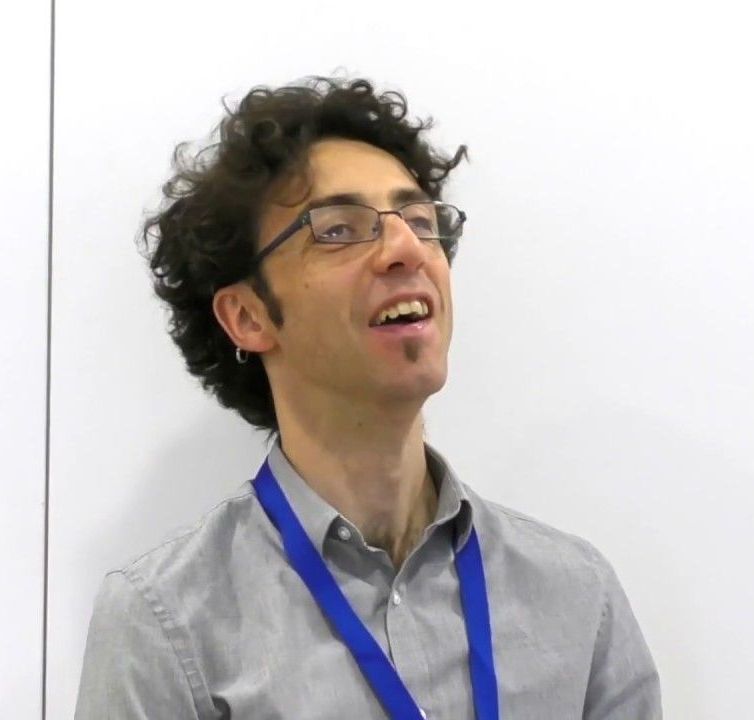
At the Eurosymposium on Healthy Ageing, we had the privilege of interviewing Dr. Marco Demaria of the European Research Institute for the Biology of Ageing.
In this interview with Elena Milova, Dr. Demaria primarily talks about senescent cells, their role in age-related diseases, and methods of controlling them. Among the ways of controlling them include blocking the inflammatory signals they secrete, destroying them with senolytic drugs, and boosting the immune system to remove them naturally.
Continue reading “Eurosymposium on Healthy Ageing – Dr. Marco Demaria” »


